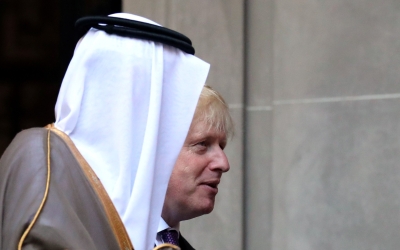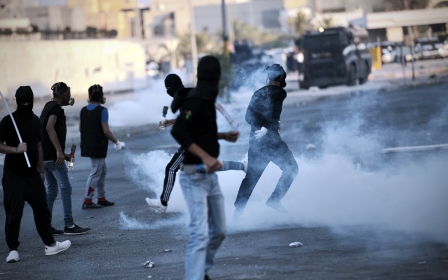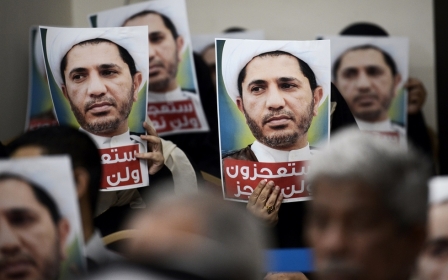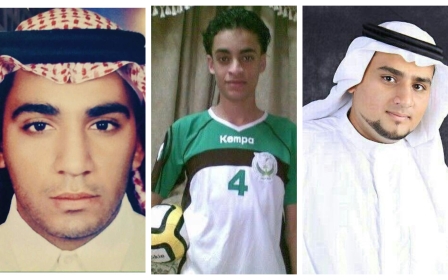Bahrain executes three men, including two young activists
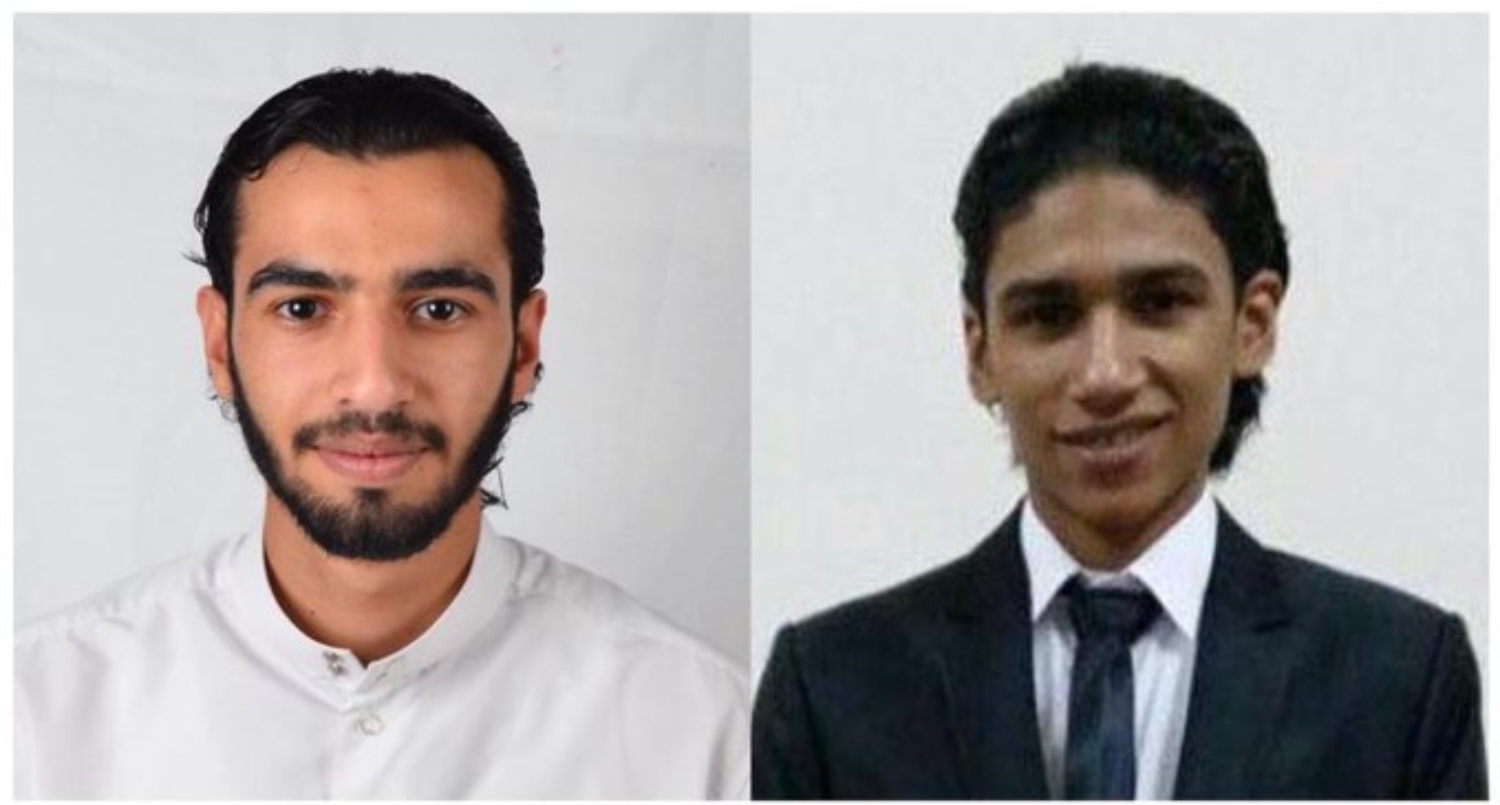
Bahrain executed three men on Saturday, including two Shia activists accused of terrorism, the public prosecutor said in a statement.
Shia activists Ahmad al-Mullali, 24, and Ali Hakim al-Arab, 25, were sentenced to death last year in a mass trial, along with 56 other men who were handed jail terms over "terrorism crimes".
The prosecutor’s statement said the men were convicted for crimes which included the shooting of a police officer in 2017, in attacks orchestrated by what it said were Iran-based ringleaders.
The case of the third man, who has not been identified, involved the killing of an imam, the statement said.
Rights groups have decried the executions and said the cases of the two activists were based on confessions allegedly obtained through torture.
New MEE newsletter: Jerusalem Dispatch
Sign up to get the latest insights and analysis on Israel-Palestine, alongside Turkey Unpacked and other MEE newsletters
'This shows that the king is not serious about reform and the rule of law'
- Aya Majzoub, HRW
Aya Majzoub, Gulf researcher at Human Rights Watch (HRW), described the executions as “cruel” and said they were a sign that the kingdom “was not serious about reform and rule of law”.
“The death penalty is a cruel and irreversible penalty, and we are opposed to it in all circumstances. But it is even more indefensible when the accused are convicted in a mass trial marred by allegations of torture and serious due process violations,” she said.
“It is really tragic that despite the evidence and concerns we presented, the king ratified the death sentences of the two young men anyway. This shows that the king is not serious about reform and the rule of law.”
A London-based Bahraini activist rights group, the Bahrain Institute for Rights and Democracy (BIRD), said "the executions mark one of Bahrain’s darkest days".
"It appears that the Bahraini government planned this meticulously, timing the executions to coincide with US, EU and UK legislative recesses in order to avoid international scrutiny," BIRD’s director, Sayed Ahmed Alwadaei, said in a statement sent to Reuters.
The families of Mullali and Arab were summoned for private person visits on Friday - a procedure that usually precedes execution, according to the Bahrain Centre for Human Rights (BCHR).
BCHR said the families received phone calls from Jaw Prison at 9am (06.00 GMT) and 9:30am respectively on Friday morning to schedule private meetings at 2pm that afternoon.
Bahrain was the only Gulf Arab state to have experienced major unrest during the 2011 "Arab Spring" regional protests, which the country's rulers quashed with the help of Saudi Arabia.
Since then, the government has overseen a crackdown on voices of dissent and has stifled the opposition. Most of the country's leading opposition figures and rights activists are imprisoned or have fled abroad.
Periodic clashes erupt between protesters and security forces, who have been targeted by several bomb attacks.
Since the 2011 protests, Bahrain has prosecuted hundreds of activists in mass trials and banned the main opposition groups.
Middle East Eye delivers independent and unrivalled coverage and analysis of the Middle East, North Africa and beyond. To learn more about republishing this content and the associated fees, please fill out this form. More about MEE can be found here.


